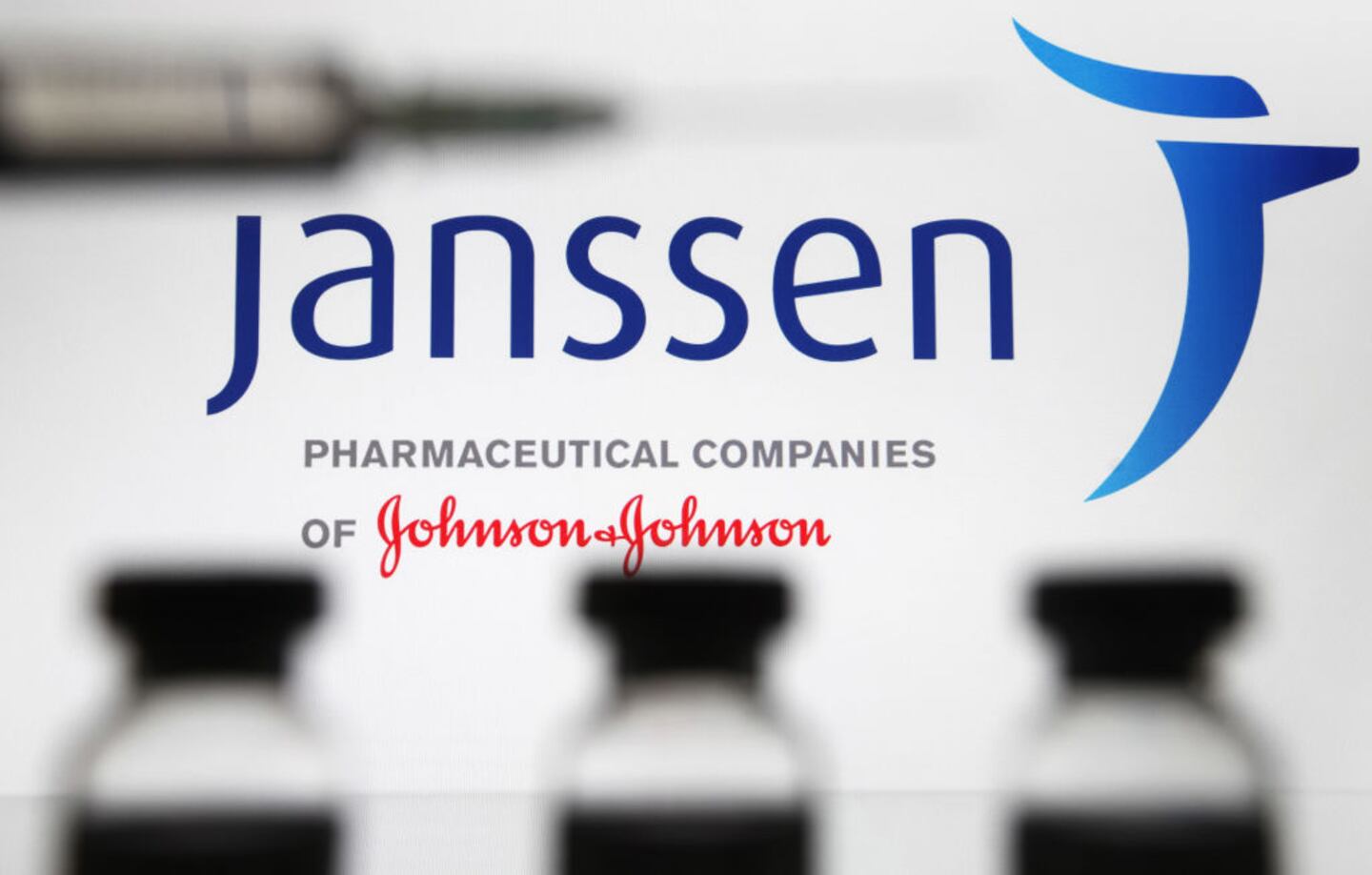A COVID-19 vaccine produced by Johnson & Johnson is provoking an immune response in human trials and is showing it is effective in fighting the virus that has killed hundreds of thousands of people in the United States, according to a report published in the New England Journal of Medicine.
Studies on the company’s one-dose vaccine showed it would produce neutralizing antibodies, or antibodies that fight the virus, soon after the drug was administered.
The vaccine was being tested on people aged 18-55. While common side effects of a vaccination -- such as fever, fatigue, headache, and pain at the injection site -- were seen in some people, those side effects were not severe.
Dr. Paul Stoffels, chief scientific officer at J&J, said the data gave the company “confidence” the vaccine will prove highly effective. Results from the larger phase-three trial are expected later this month.
“The Company anticipates announcing topline phase-three data for its single-dose Janssen COVID-19 vaccine candidate in late January 2021,” Johnson & Johnson said in the report.
“If the single-dose vaccine is shown to be safe and effective, the company expects to submit an application for Emergency Use Authorization with the U.S. Food and Drug Administration shortly afterwards, with other regulatory applications around the world to be made subsequently,” Johnson & Johnson added.
The vaccine can show an efficacy rate at or above 80%, Moncef Slaoui, chief adviser for the U.S. Operation Warp Speed vaccine development program, said in a press teleconference Tuesday.
The efficacy rate is the degree to which the vaccine protects a person from contracting the virus.
The vaccine elicited neutralizing antibodies in 90% of participants by the 29th day after the first dose was given. By 57 days after the dose was given, all of the trial participants were producing neutralizing antibodies, the report said.
The levels of these antibodies remained stable for at least 71 days, the company reported.
Johnson & Johnson said it expects to get definitive efficacy data by early next month. That data would be from a phase-three trial.
The New York Times reported on Wednesday that the company was experiencing manufacturing delays and most likely won’t be able to provide as many doses this spring as it promised Operation Warp Speed.
Federal officials were told the company fell behind its original production schedule and will not catch up until the end of April. Under J&J’s original $1 billion contract with Operation Warp Speed, the company was to deliver 12 million vaccine doses by the end of February and 100 million by the end of June.
According to Stoffels, the company expects to meet its target of delivering 1 billion doses of its vaccine by the end of this year.
“We are aiming for 1 billion doses in 2021. If it is a single dose, that means 1 billion people. But it will be in a ramp-up throughout the year,” Stoffels said.
Cox Media Group





